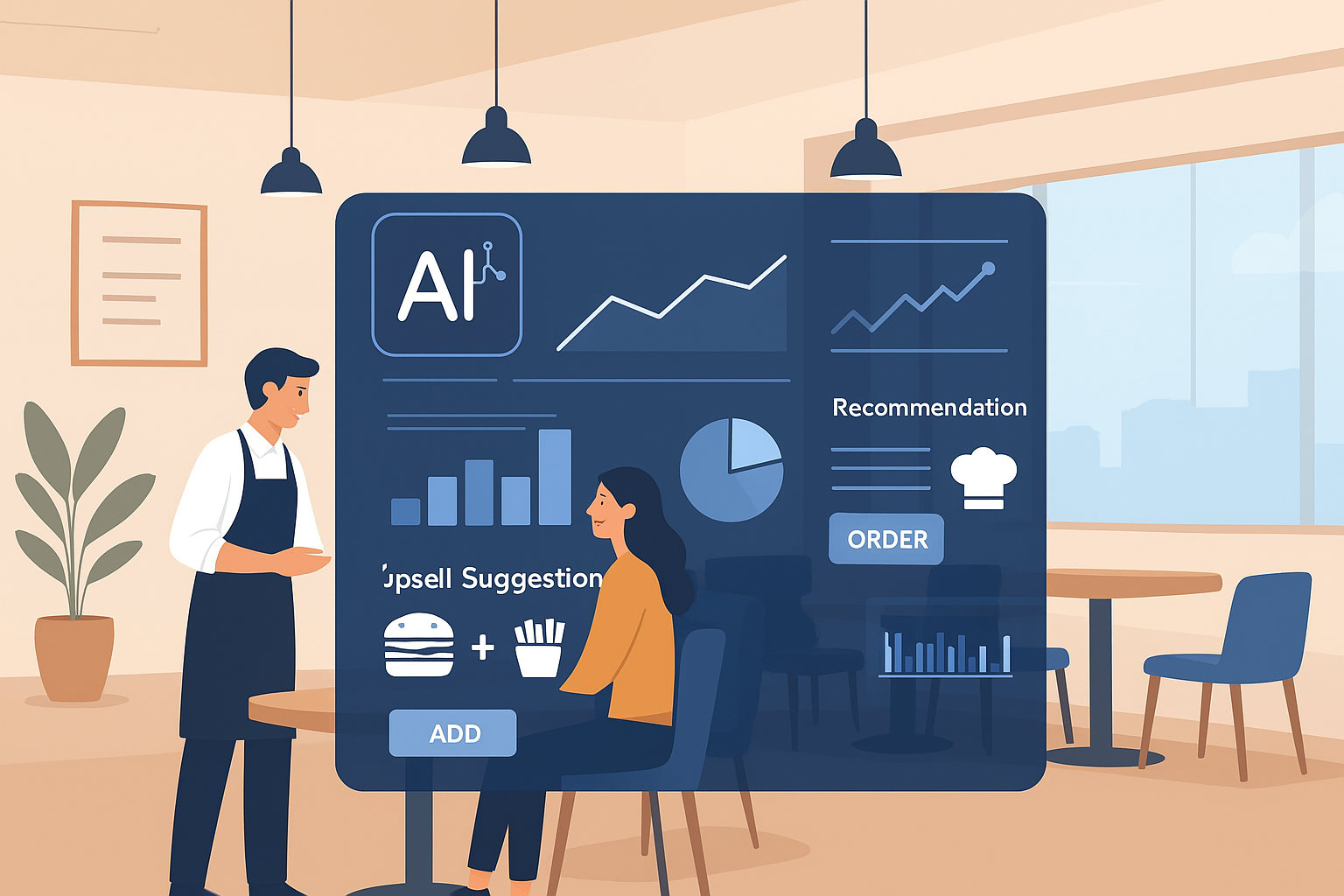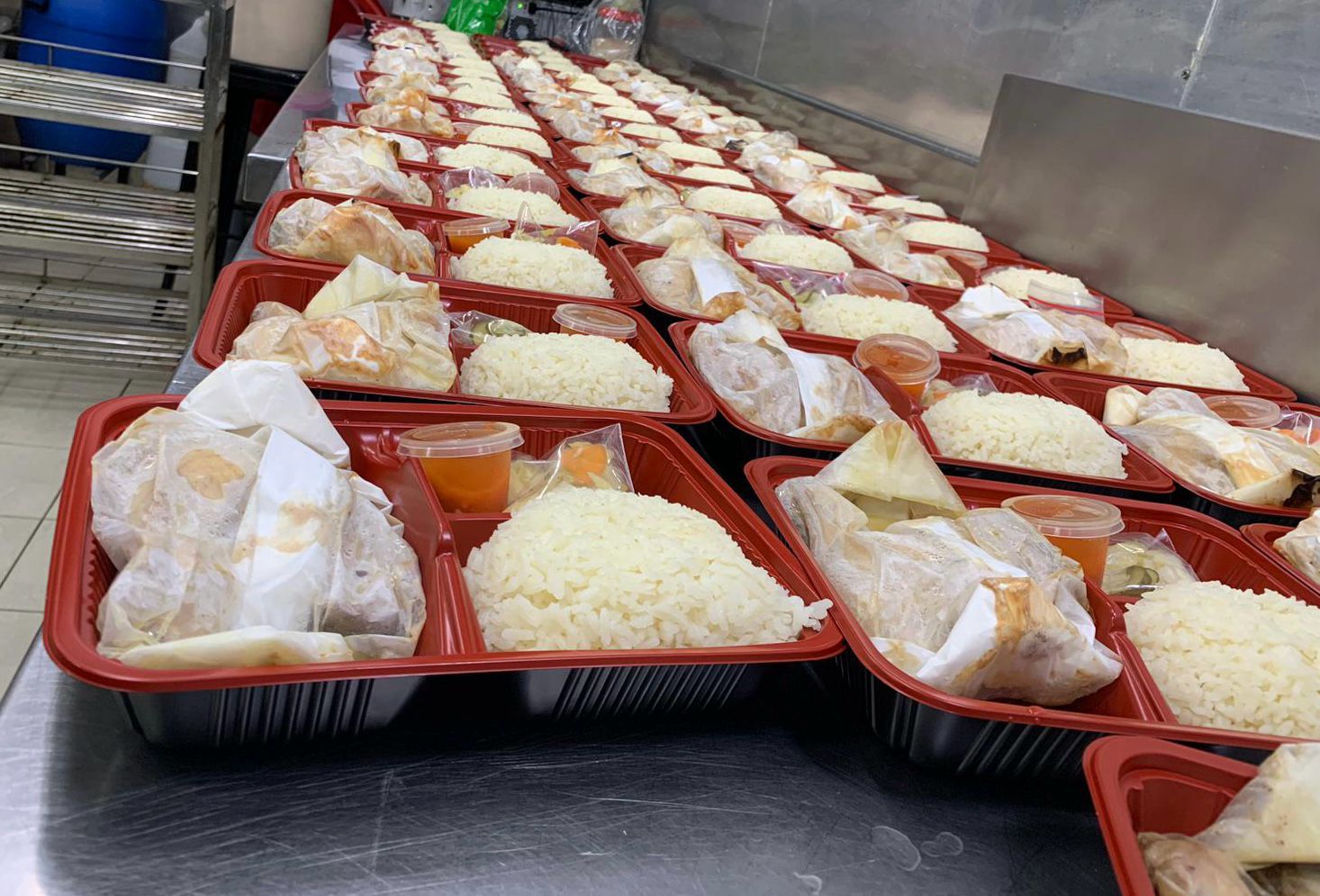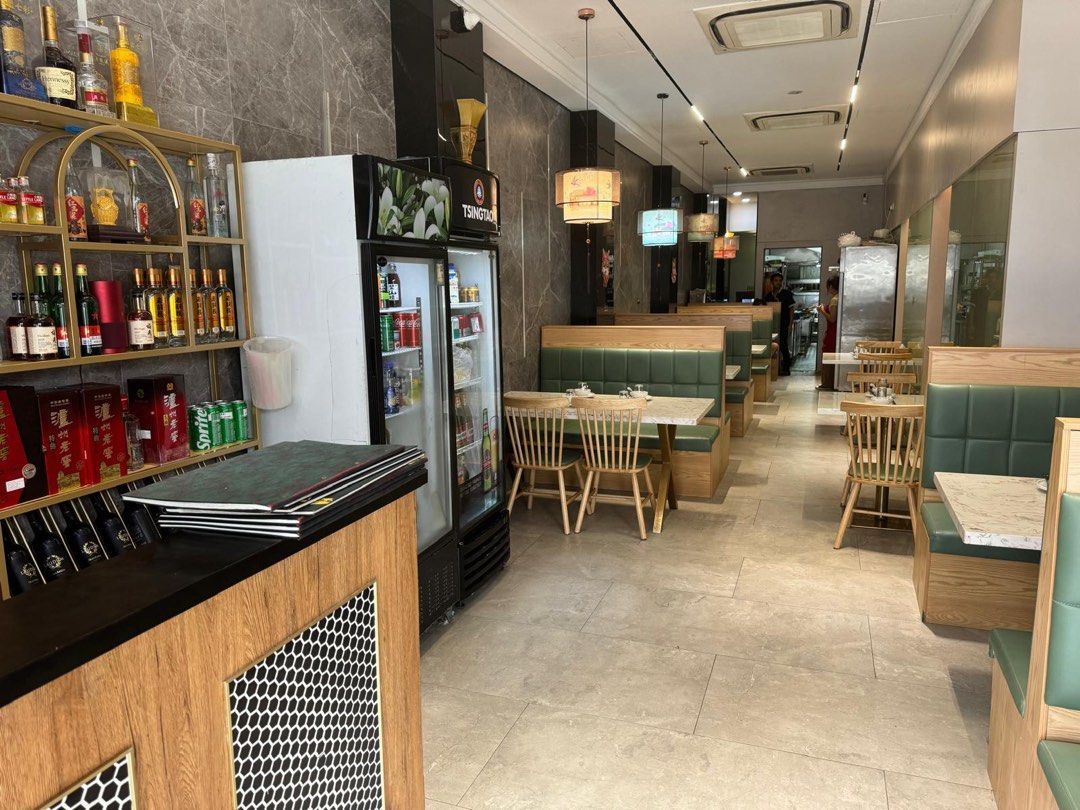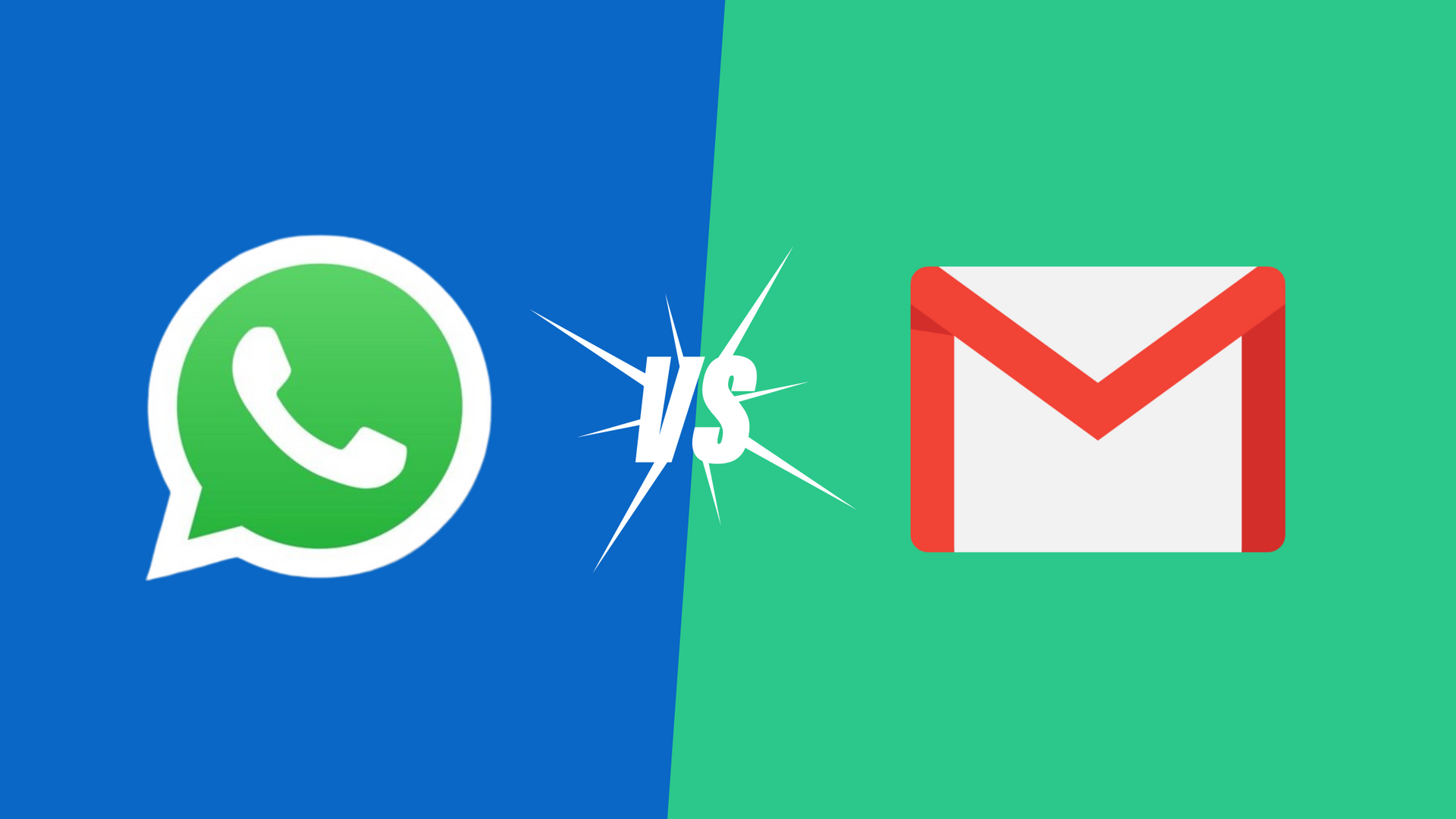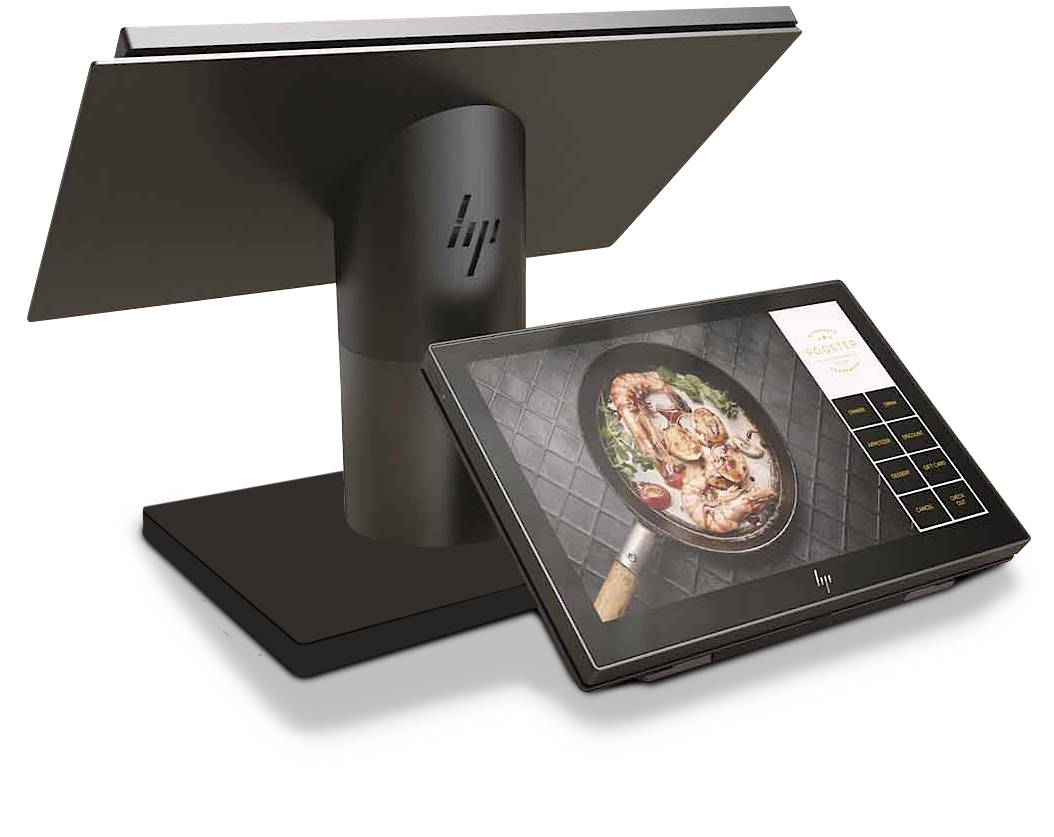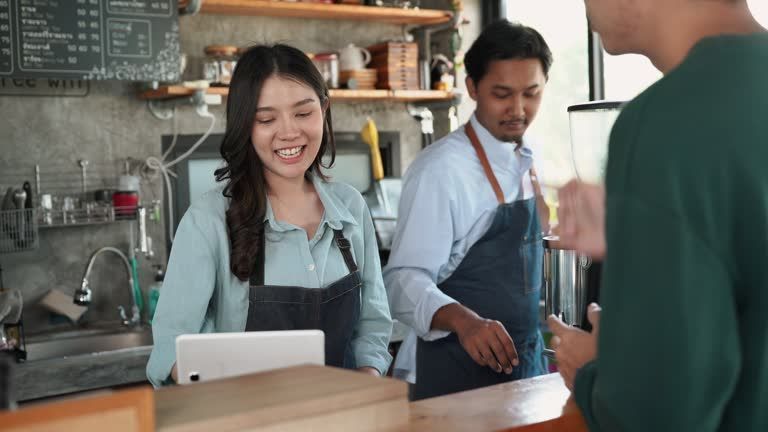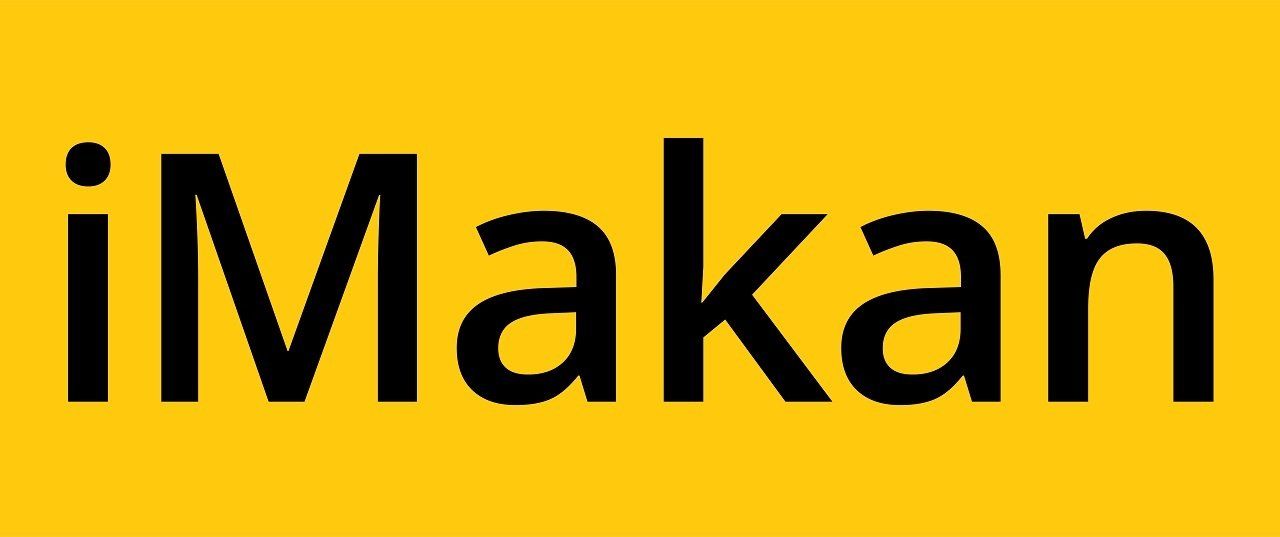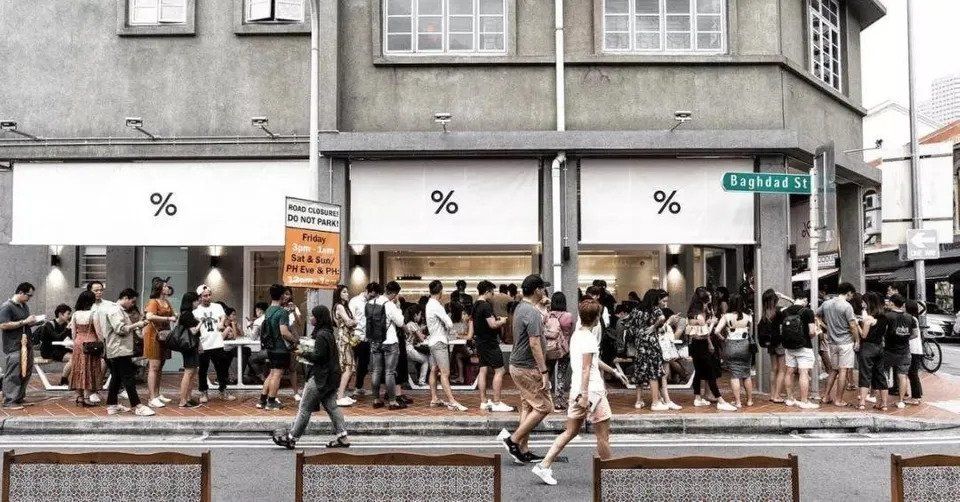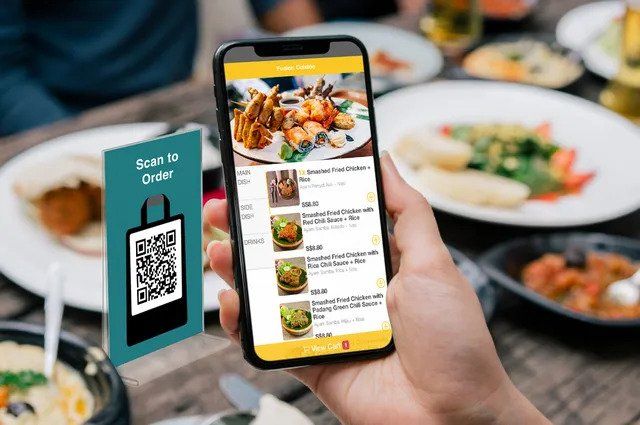%Arabica was founded by now owner, Kenneth Shoji, on March 11, 2011. He had a mission to grow %Arabica across the world, so that young baristas can "See The World Through Coffee", which is also %Arabica's tagline.
%Arabica has since grown into a worldwide brand, known as a great place for excellent, aromatic coffee, brewed using beans from its own coffee farm in Hawaii and from around the world. With its global fame and great branding, %Arabica started attracting an ever-growing following in Singapore, across its multiple outlets.
%Arabica’s popularity in Singapore spurred them to search for new productivity-boosting technologies to help them maximize their revenue during peak periods, hence, leading them to adopt iMakan QR ordering system.
Throughout this project, our team worked hand in hand with %Arabica to understand the challenges they faced and provided solutions for them.
Challenged and solutions during %Arabica project
Due to its ever-growing popularity in Singapore, %Arabica needed a way to ease the long queues that form outside their outlets during peak hours. In order to do so, %Arabica had to get their queues moving faster for a better customer experience and to serve more customers. This is where iMakan QR ordering makes a difference.
Previously, %Arabica opened up several ordering counters to facilitate faster order taking. However, it was still not efficient enough and raised labour cost as each ordering counters were manned by staff.
iMakan solved this challenge by putting up QR codes around %Arabica’s outlets and along their queue lines for their customers to scan the QR code through their smartphones, browse the menu, and place orders. However, this did come with drawbacks, as anyone could scan the QR codes to place a “ghost order”.
To tackle this challenge, iMakan integrated with Stripe payments to enable online payments which allowed %Arabica to receive payment before the customer’s orders are sent in for preparation.
This opened the door to other possibilities such as customers pre ordering from other places and self collecting at a specific timing.
Since %Arabica successfully implemented iMakan QR ordering system, they were able to ease the ordering queue, and divert their staff from order taking to drinks preparation, which shortened serving time to improve customer satisfaction and maximize the orders they could take during peak hours to boost revenue!
Try and see for yourselves!
Head over to %Arabica to try out their variety of aromatic, freshly brewed coffee, and experience their efficiency with the help of iMakan QR ordering system.
If you are interested in getting iMakan QR ordering system for your F&B outlet, do drop us your contact details below and we will be happy to arrange a free demo with you!
